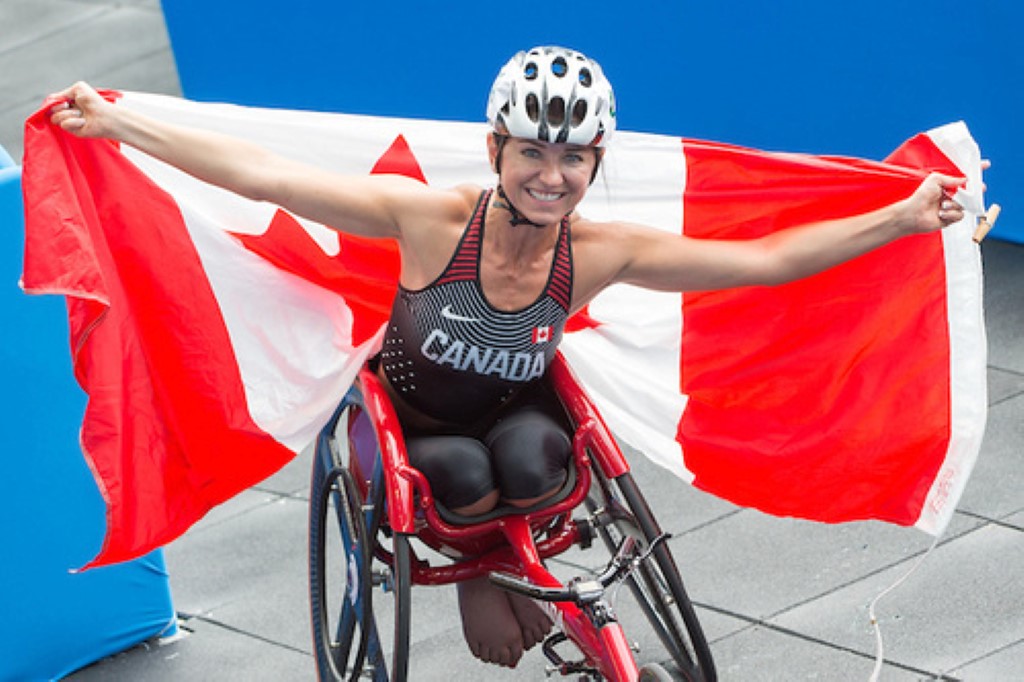2021 year in review: How SIRC embraced the “new normal”

After 2020 surprised us all with a global pandemic, many of us looked to 2021 with hope for a gradual return to our pre-pandemic “normal.” And with the widespread rollout and uptake of COVID-19 vaccines across the country, the activities that we put on hold as the pandemic unfolded, from social gatherings to travel, began…
Beijing to Birmingham: Thinking outside the Para sport classification box

The Tokyo 2020 Summer Paralympic Games are in the books, with the 2022 Winter Paralympic Games (Beijing) and Commonwealth Games (Birmingham) just around the corner. Our 128 Canadian Paralympians competed in Tokyo, bringing home 21 medals. Canada’s team joined 4,275 high performance Para sport athletes from 62 countries for 12 days of competition in 22 Paralympic sports. Despite the unprecedented challenge of hosting…
A Games like no other
The master project plan for an event like the Olympic or Paralympic Games is approximately 20,000 lines long. The postponement of Tokyo 2020 created a unique set of challenges for the Canadian Olympic Committee and Canadian Paralympic Committee, who are also preparing for the 2022 Winter Games in Beijing. In the SIRCuit, get a behind-the-scenes…
Supporting athlete transitions out of sport
Transitioning out of sport after standing on an Olympic or Paralympic podium, or after provincial/territorial competition, can be difficult. Tips to support athlete mental health through this transition include: Detrain your body and mind to adjust to the different but challenging demands of life after sport. Find purpose in the day to day by exploring…
Trickle-down effect
A country’s bid to host a major sporting event is often justified by its potential impact on sports participation for all citizens. While evidence to support the “trickle-down effect” is limited, new research from the United Kingdom shows an increase in memberships among adults in 33 sports after hosting major sport events, including the London…
Games’ health and safety
“There will be no overseas spectators. There won’t be friends and family. We won’t have a Canada Olympic House in Tokyo.” David Shoemaker, CEO of the Canadian Olympic Committee, discussed COVID-19 countermeasures and how athlete health and safety is top priority for the Tokyo Summer Games at a Canadian Club luncheon. Read more in the…
Karate
Karate is a traditional Japanese sport that originated on the island of Okinawa in the 17th century. It will be making its Olympic debut at Tokyo 2020 with two types of events. Kata features solo demonstrations of offensive and defensive movements that are judged, and Kumite is a sparring event in which athletes are awarded…
Triple threat
Canadian track cyclist Georgia Simmerling is the first, and only, Canadian to compete in three different sports at three different Olympic Games: alpine skiing (Vancouver 2010), ski-cross (Sochi 2014) and track cycling (Rio 2016). After claiming bronze in the women’s cycling team pursuit in Rio, Simmerling will take to the track once again in Tokyo.
Major games’ influence on sport participation
Can the Olympic and Paralympic Games influence the sport participation of youth in the host communities? Research suggests that participation impacts may be most likely among youth populations, active and inspired spectators, and within communities that are home to event venues and medalists.
How time of day effects performance
Although Olympic athletes are known for their meticulous pre-competition routines, many aspects of competition are out of their control. For example, research shows that Olympic swimmers have 0.32% improved performance when they race in the evening compared to in the morning—showing that time of day could be enough to make or break a podium performance.